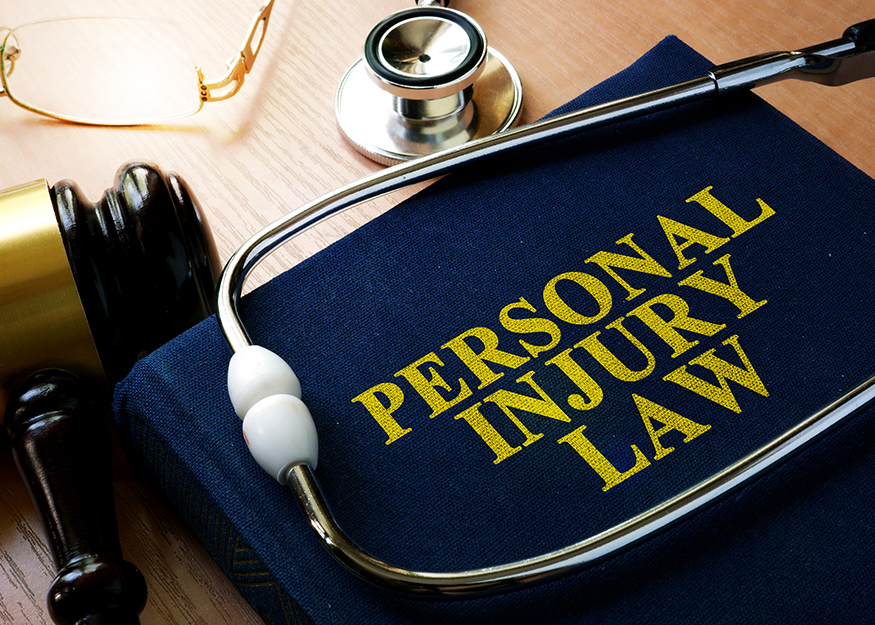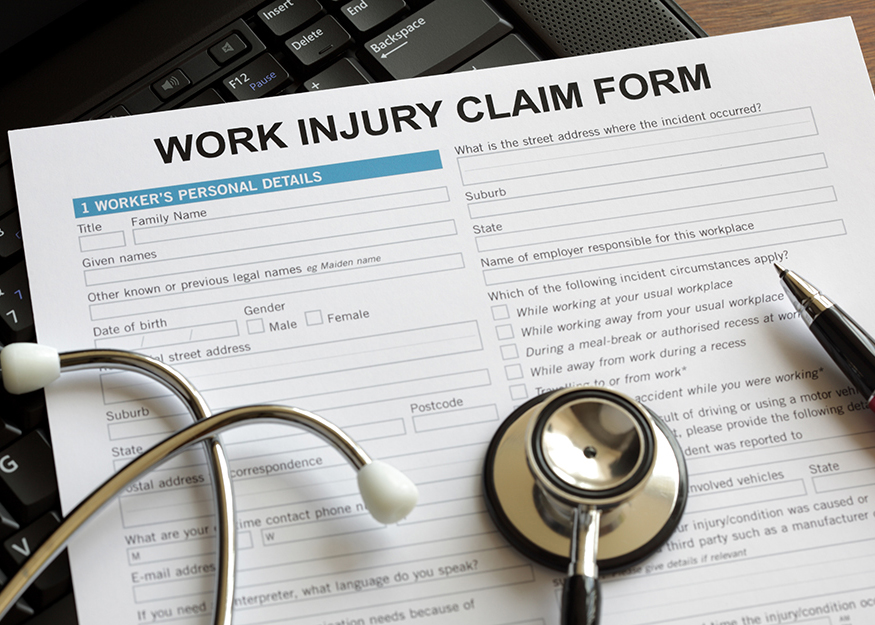When you think of a workplace injury, a physical injury to the back, the skin, or the lungs often come to mind. Too often, the occurrence of workers compensation depression gets overlooked. That’s because most people don’t recognize depression as the serious type of mental injury that it is.
When you receive a physical injury on the job, workers comp is there to pay for your medical treatment. When you do injure your back, you follow the procedure for filing a workers’ comp claim. Your employer’s insurance coverage pays you for treatment and lost wages due to the injury.
The circumstances that determine whether a workers compensation depression claim works the same way depends on the cause of your depression. If you’re beginning to have doubts about your career choice and feel stuck in a dead-end job, it doesn’t qualify as a work-related injury. If you have a physical workers’ compensation injury that has impacted your lifestyle, you may have a valid case.
Before you file a workers compensation claim for depression, you must also have a physical work-related injury that has caused your depression and/or anxiety. In California, you also have the challenge of proving that at least 51% of the cause for the psychiatric injury was caused by the events of employment. If you suffer only from depression and/or anxiety and have no physical injury, you cannot make a workers’ comp claim.
The Challenge of Proving Depression
A life-impacting injury makes it a little easier to prove your depression is the result of your employment. Even with a physical injury, proving your employment caused your depression can be challenging. The insurance company who your employer has workers’ comp coverage with will probably check to see if you have suffered from the condition in the past. If you did, it is considered a “pre-existing condition” that existed prior to your current employment.
You may still have a valid workers’ compensation depression claim even if you had depression and/or anxiety before. It is just a more difficult situation to prove. Although the majority of physical injury claims are settled without the need to go to trial, those involving mental injuries often proceed to the courtroom. The insurance company is less willing to settle a claim that they don’t feel you can prove.

The Impact of Depression on Employees and Their Employers
Depression is a real illness that affects every area of the affected person’s life. It also impacts their ability to perform in their job. When exposed to additional stressors, the problem can have a severe impact on the company’s bottom line. Employees who suffer from depression also miss work more often. Failing to treat depression for the serious condition that it is negatively impacts both the employee and the employer.
At the same time the employee faces difficulties at work, the depression causes disruptions to their home life and socializing as well. Since those who file a workers compensation depression claim can also have chronic pain to contend with, their depression becomes even worse.
The link between chronic pain and depression has been well researched and documented. That link also works in both directions. Someone who suffers from depression can experience mysterious pain symptoms. Those who have chronic pain also suffer from related depression. The combination of the symptoms makes it more difficult for anyone to handle everyday life. Both conditions need to be addressed and treated.
Depression is a common problem in this country, often starting at an early age. Many of those affected by depression in the workplace are more vulnerable to substance abuse and other mental disorders.

What Can Employers Do?
Since the situation of workplace injury and depression hurts both the employee and the employer, the employer needs to take a proactive role to prevent both types of accidents. They need to stay in contact with employees who have worker’s comp injuries even when they aren’t able to return immediately to work.
Employers need to pay attention to the employee’s behavior and work habits. Are they missing work frequently? Is their performance lagging? Do they seem unhappy and withdrawn from their coworkers? Sometimes the pain from the physical injury can have an impact on the employee’s behavior even if they aren’t depressed. The employer needs to make sure the employee gets the treatment they need to take care of their physical and/or mental injury.
Trying to meet daily challenges with pain and/or depression can be overwhelming and lead to behavioral changes. Your depression can put you at a greater risk of committing suicide. It causes a negative impact on your relationships and diminishes their quality of life. The biggest problem is that people with depression often lack the motivation to get the help they need.
The bottom line is that depression doesn’t just go away without treatment and it often lasts for years. The well-being of the employee should always be the first consideration for everyone involved.

Do I Need a Workers’ Compensation Lawyer?
If you are suffering from a work-related physical injury in combination with depression and anxiety, you should talk with a workers’ comp attorney about your case. It isn’t fair for you to be placed in a position where you simply can’t function at a normal level.
A workers’ compensation attorney knows what steps you need to take to get help. If you have a valid claim, they can help you get the evidence you need to prove your case. Laws related to filing workers’ comp claims differ from one state to the next. A local attorney who specializes in workers’ compensation cases in your state knows what you need to win your case.
Contact The House of Workers Compensation to schedule your free consultation and get answers to your questions about workers’ compensation depression. Your injuries are not your fault and paying for treatment shouldn’t be your responsibility.
If you are suffering from depression as a workplace injury, you need treatment and compensation for your loss. Let us help you take the next step in your case.





